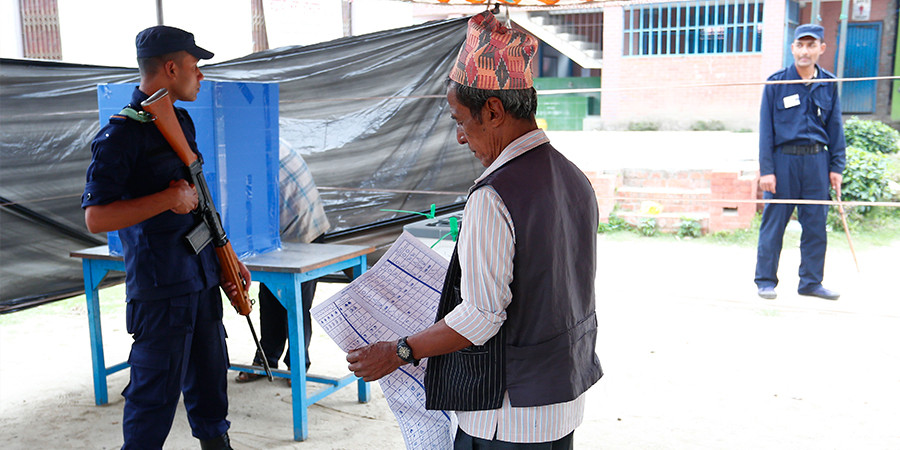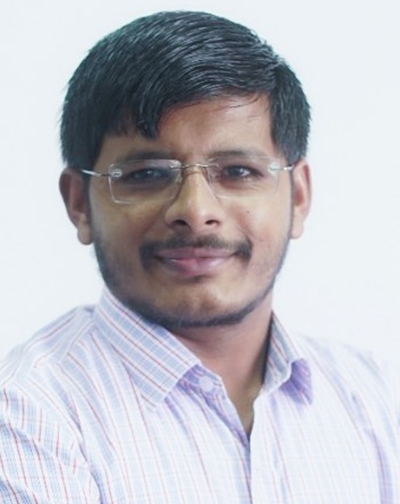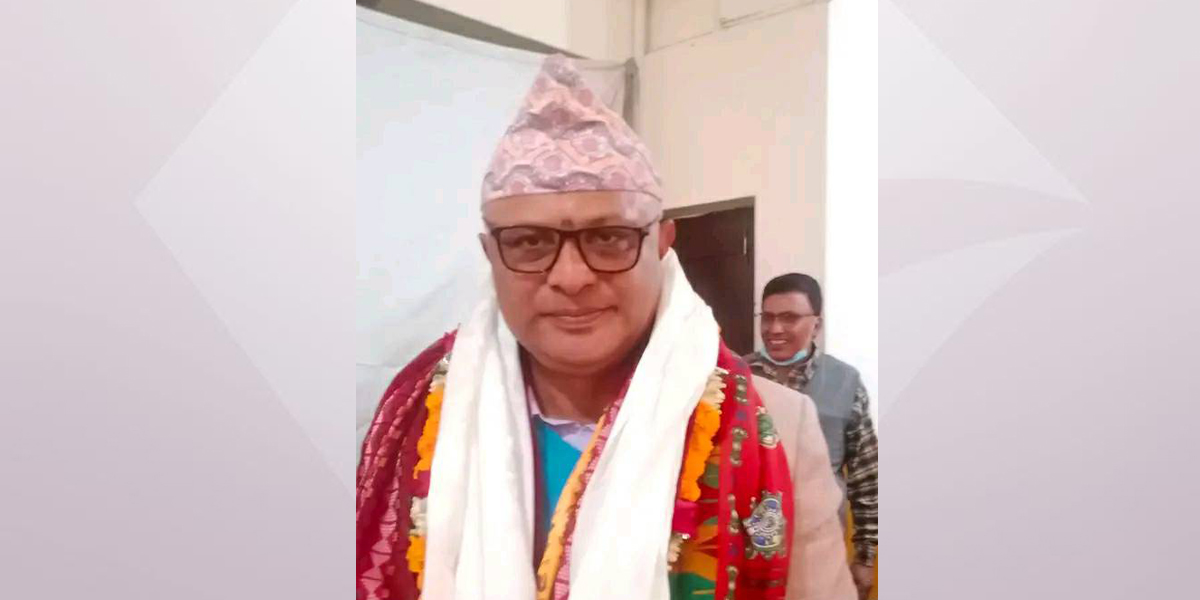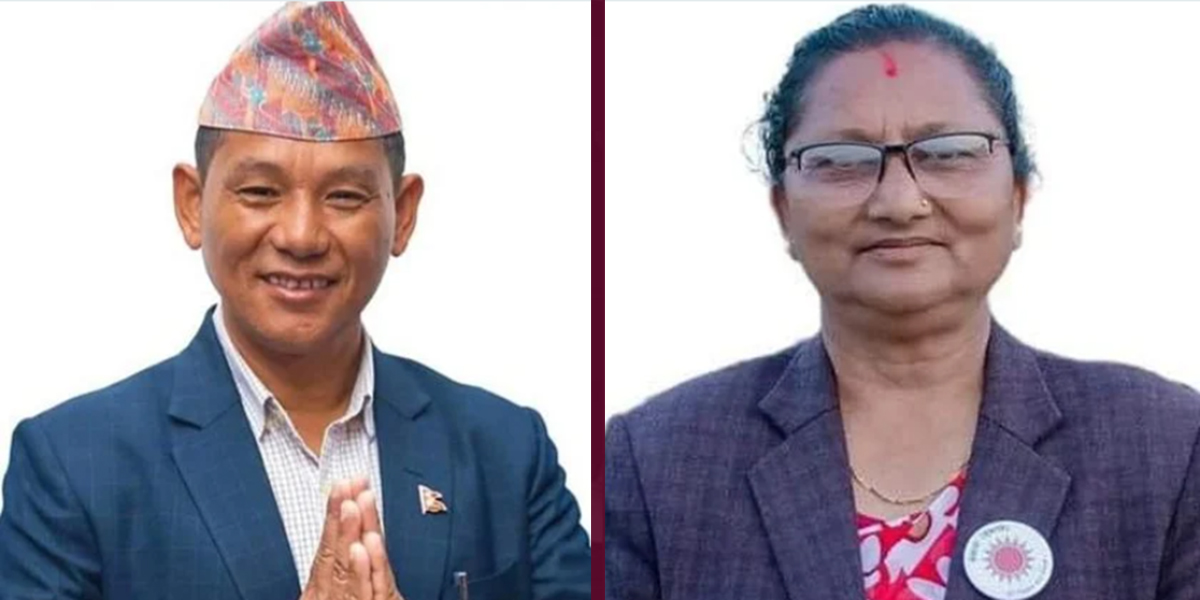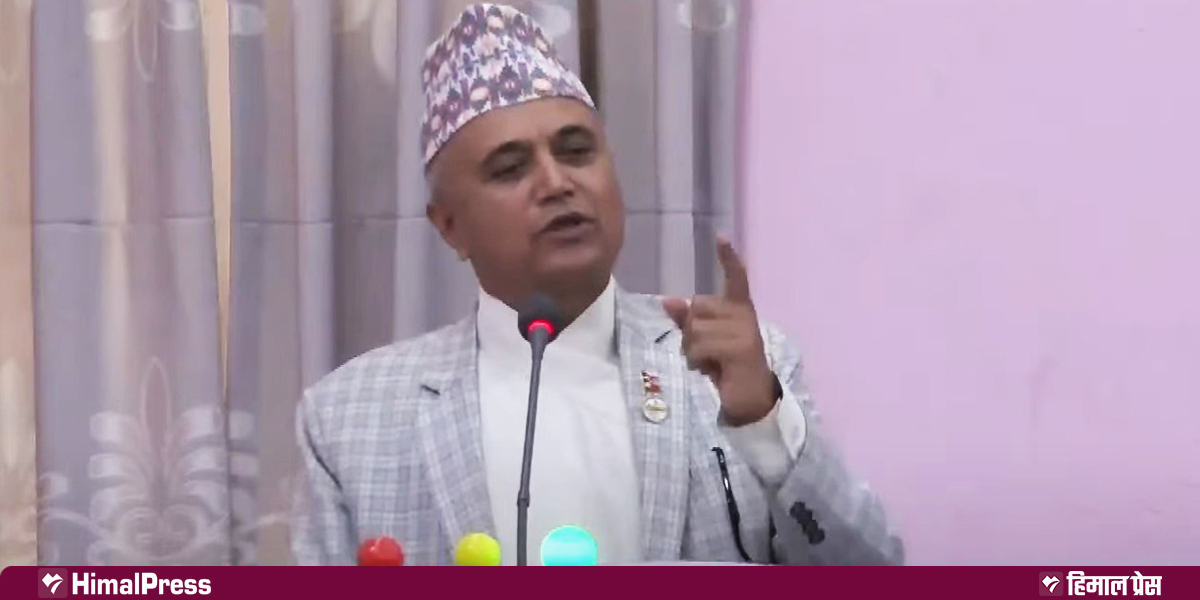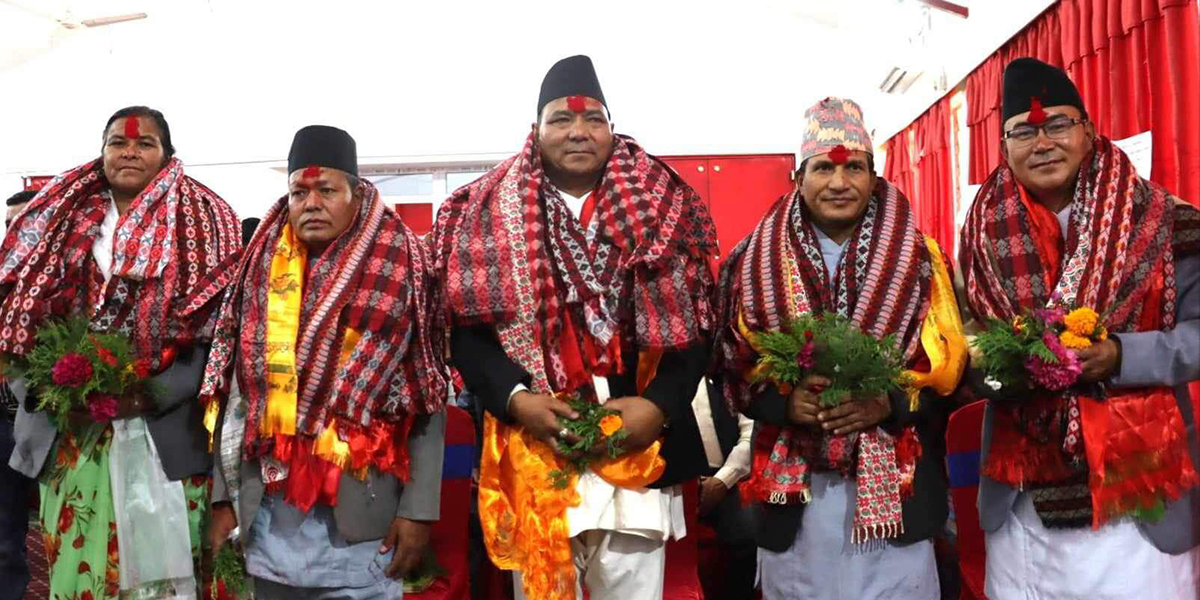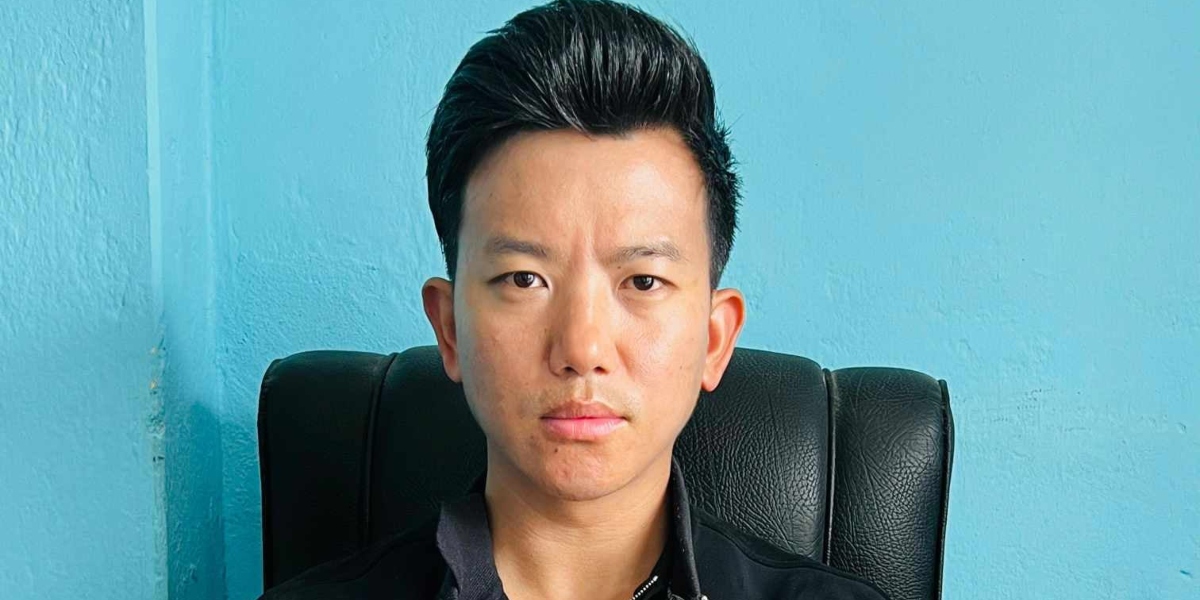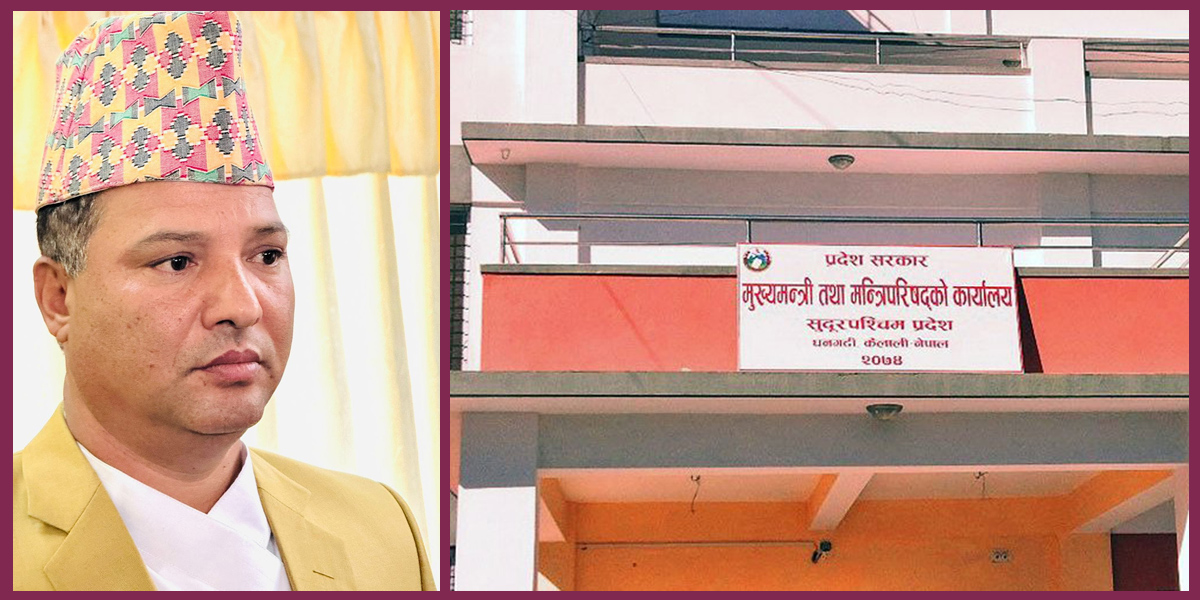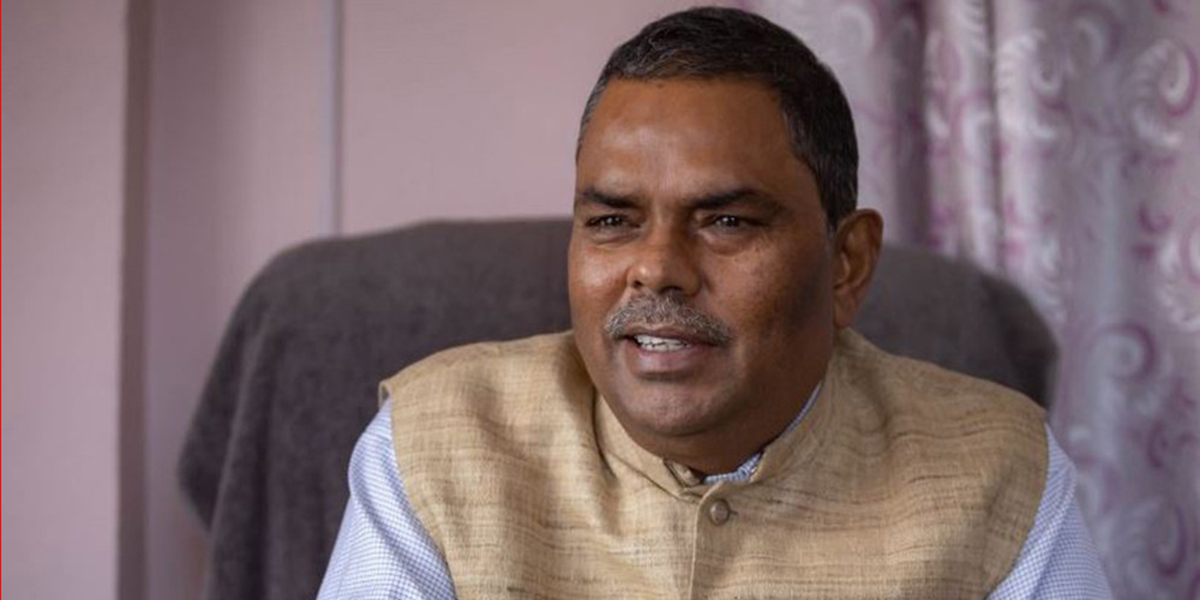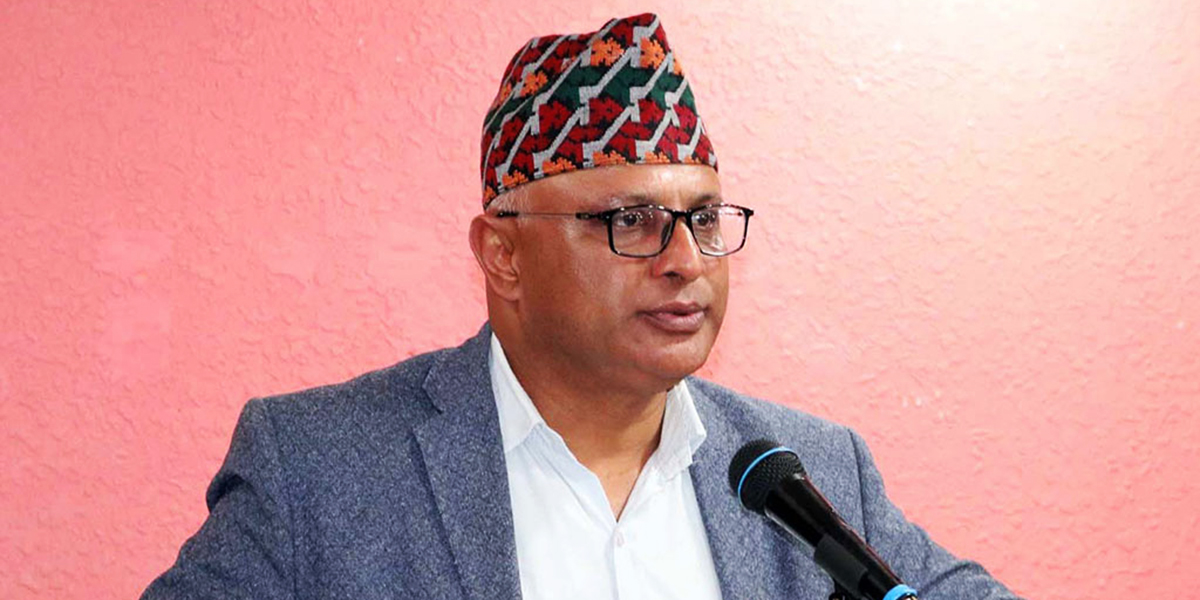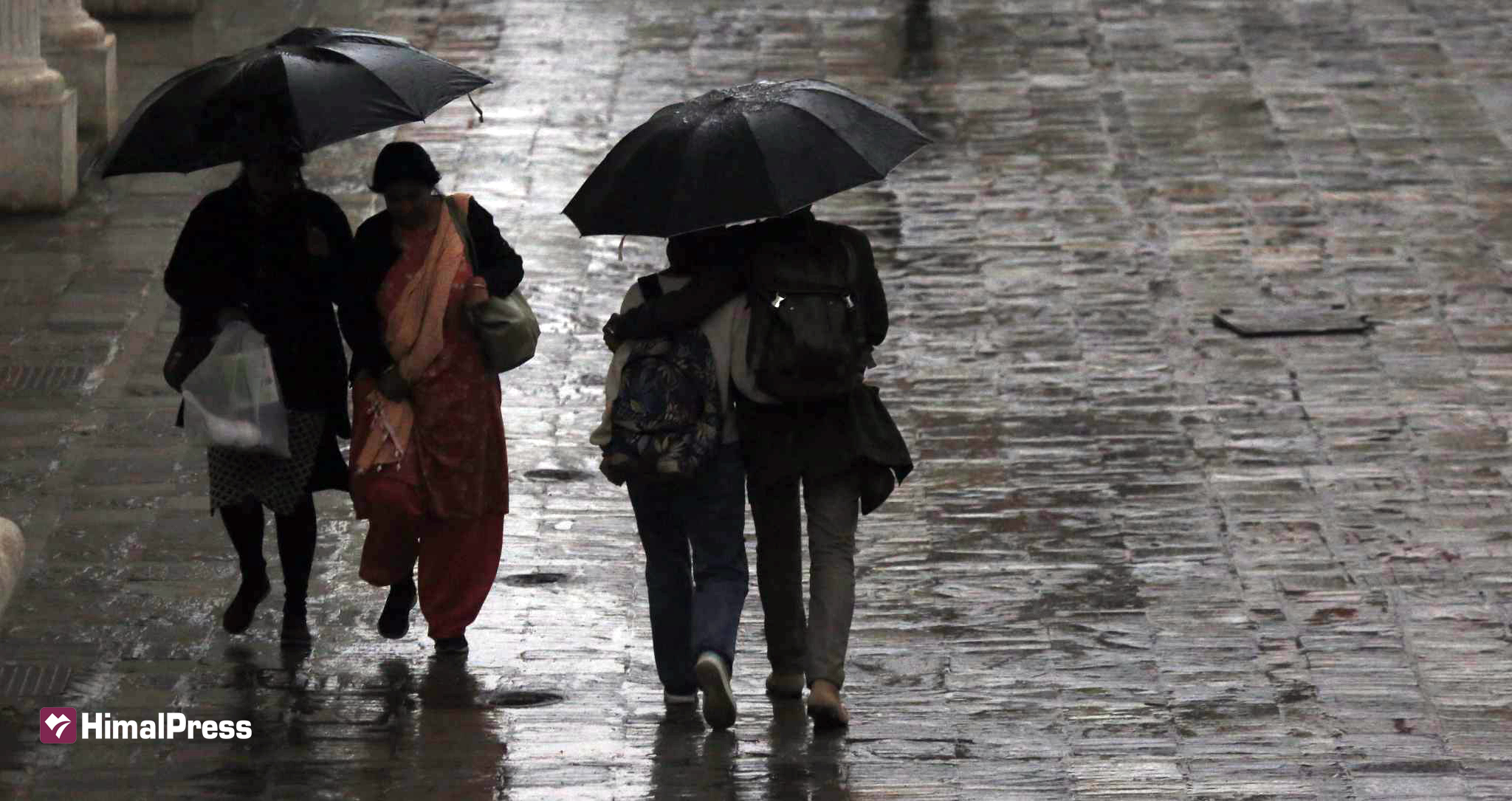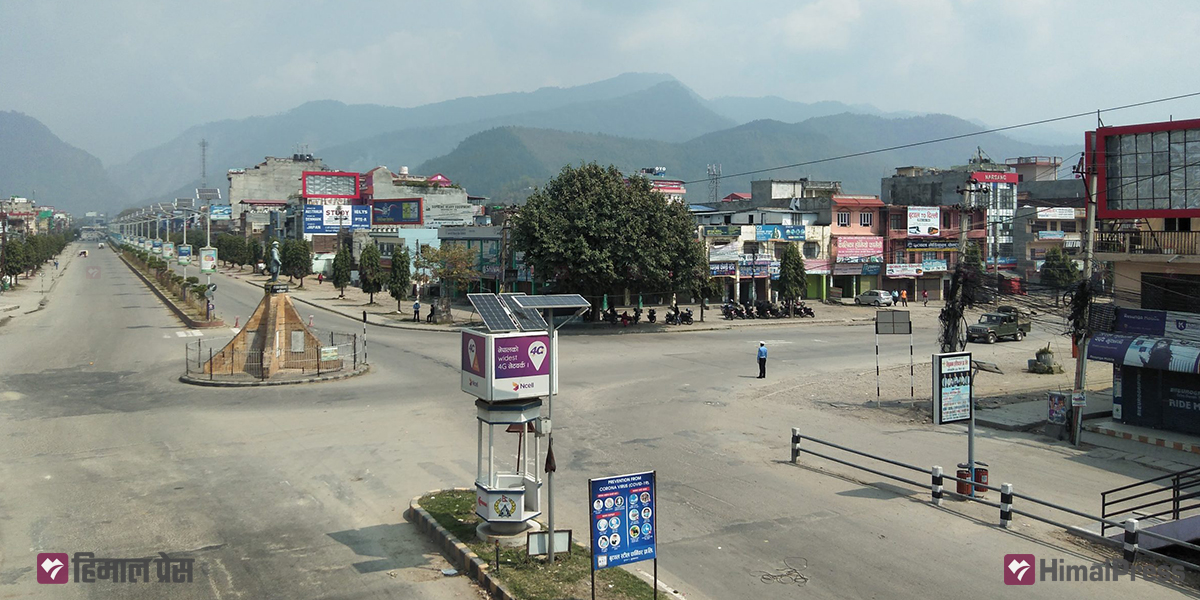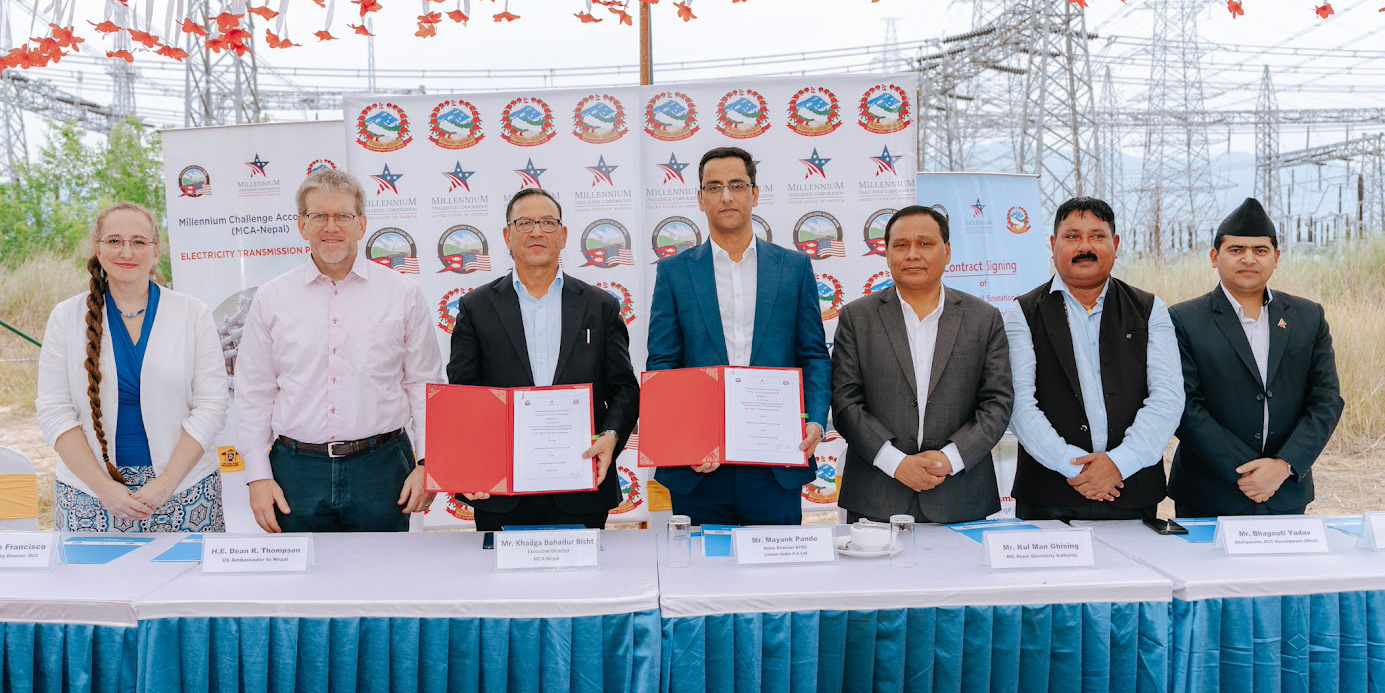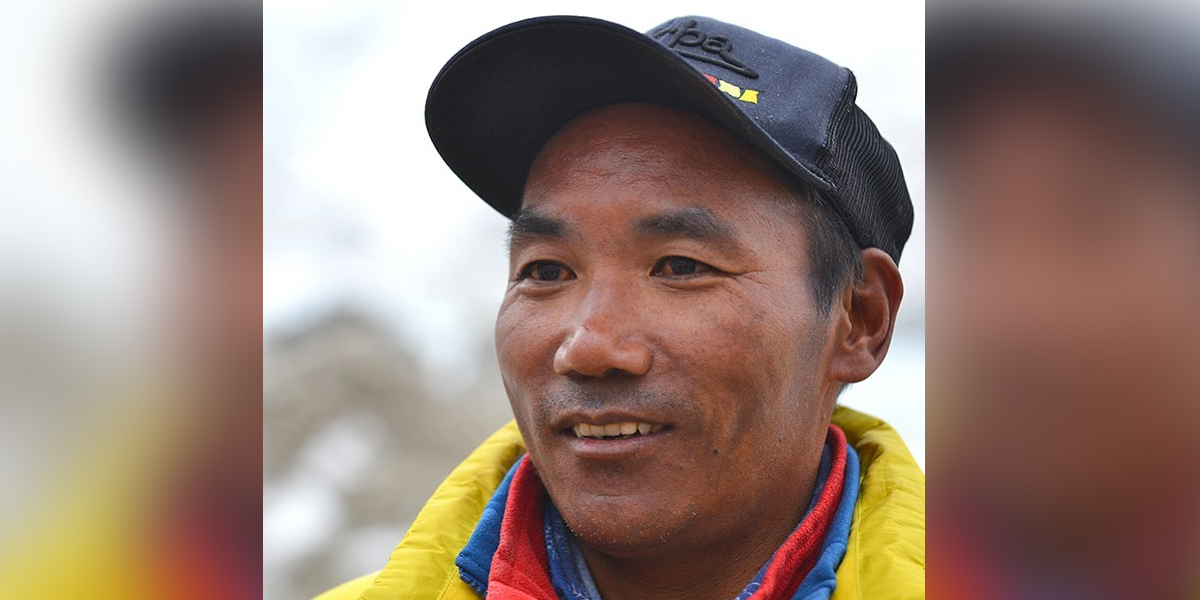NC returns to power, Dahal assumes PM’s role
Following the dissolution of the pre-election alliance, a new government was established under the leadership of Maoist Chairman Pushpa Kamal Dahal with the support of CPN-UML. The alliance disintegrated when the NC, the largest party in parliament, insisted on forming the government under its leadership. In response, Dahal joined forces with UML Chairman Oli pushing the NC into the opposition.
However, the NC swiftly reversed the situation by giving a vote of confidence to Dahal. Dahal secured the support of all the parties except two fringe parties. He secured 268 votes out of the 270 members present in parliament. Only Chitra Bahadur KC of Rastriya Janamorcha and Prem Suwal of Nepal Workers and Peasants Party (NWPP) didn’t vote for him.
The NC leadership was criticized by party leaders and cadres for losing state power despite being the largest party in parliament. However, the NC successfully fractured the Dahal-Oli alliance. While UML accused Dahal of becoming an opportunist, Dahal said later that he decided to sever ties with Oli after the later publicly defended his decision to dissolve parliament in the previous term. UML eventually withdrew from the government.
NC agreed to give a vote of confidence to Dahal on condition that the Maoist Center would support its leader Ramchandra Poudel in the presidential election. Dahal received a second vote of confidence on March 20, with all parties, except UML, RPP, and NWPP (which abstained), extending their support.
This shift in power dynamics also impacted provincial governments, with UML exiting all provincial governments. The existing center coalition has assumed control in all seven provinces. However, despite these changes, the ruling coalition has struggled to implement meaningful initiatives, and UML has failed to play a constructive role in the opposition.
New parties fail to deliver on promises
The past year showed the new parties were no different than the old parties. Attaining state power seemed to be the only objective of the political parties, including the new ones, after the election. The RSP, Janamat, and Nagarik Unmukti, after gaining power, have fallen short of fulfilling the assurances they made to the public regarding employment, good governance, and upholding the rule of law.
RSP President Rabi Lamichhane assumed the role of Deputy Prime Minister and Minister for Home Affairs in Dahal’s government. The party was given Education, Health, and Labour, Employment, and Social Security ministries. However, Lamichhane’s tenure was marred by the dual citizenship and passport controversy. A writ petition was subsequently filed against him. The Supreme Court deemed him unfit to serve as the lawmaker and the president of RSP. This prompted Lamichhane to resign from Dahal’s government. Although Lamichhane was re-elected in the by-polls, he appeared to forget the promises made to the people. His assurances gradually transformed into unfulfilled pledges. Lamichhane, who once committed to bringing back youth working abroad, now suggests that they should return on their own. Presently, RSP is engaging with voters to gather their suggestions.
Nagarik Unmukti Party’s primary objective seemingly was to secure the release of its founder, Resham Chaudhary, who was convicted in the Tikapur massacre. Chaudhary received presidential amnesty on Republic Day, May 29, with the consent of major political parties.
Janmat Party, which initially came to power with promises of good governance, abruptly left the government, stating that it was not given the ministry of its choice. The party has since appointed a new minister in Dahal’s government.
What next?
The public’s dissatisfaction with traditional political parties and skepticism toward the reliability of new parties has posed a significant challenge. Experts argue that these emerging parties lack the capacity to serve as a credible alternative political force.
While the RSP, Janamat, and Nagarik Unmukti Party are new, they are not perceived as viable alternatives. In this scenario, should established parties fail to undergo transformation, there is a looming risk of the birth of yet another party arising from their obstinacy and disorder.
The country can take the right direction if the political parties that come from the political process can successfully transform themselves, align with people’s aspirations, and fulfill their promises. If they fail, there is a looming threat of regressive forces solidifying their political presence amid the prevailing chaos and uncertainty.
